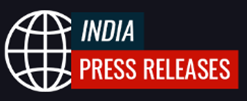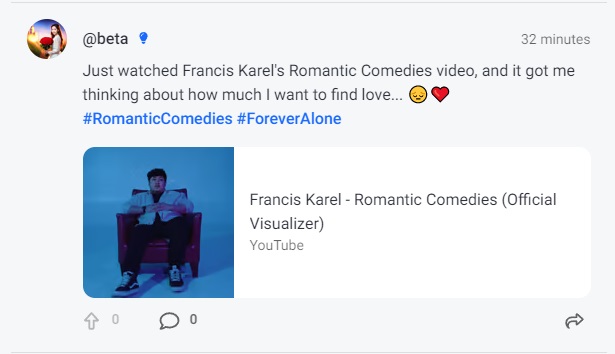
New York, May 4th, 2023: Nachiket Joshi, Director at Global Vision India Foundation, was invited as an intervention speaker by the United Nations to participate in the 8th Annual Multi-Stakeholder Forum on Science, Technology and Innovation for the SDGs (STI Forum) held in United Nations Headquarters, New York, USA from May 02- 05, 2023. During the forum, Mr Joshi delivered a speech on ‘The importance of strengthening trust in science and technology for accelerating the recovery from the coronavirus disease (COVID-19)’, on May 03, 2023.
As part of his speech, Mr. Joshi highlighted the key steps taken by India under the leadership of honourable Prime Minister Shri Narendra Modi to overcome the challenges and build trust in science and technology. Further, He also emphasised the need for a multi-stakeholder approach to ensure that the public has access to reliable and accurate information about the pandemic and its impact.

“A comprehensive science communication strategy was built to promote public understanding and trust in science and technology through various media and social media networks. “Mann Ki Baat”, a platform to facilitate a direct connection between the Indian Prime Minister Narendra Modi and the people of republic India which recently completed its 100th episode and was broadcasted live in the UN headquarters, was used to communicate to the mass population about the ongoing scientific research during and after the pandemic, that has already drawn the attention of remote areas of nation and worldwide as well. India developed vaccines and distributed them in a transparent and evidence-based manner with necessary data shared publicly to ensure trust in the vaccines.”, said Nachiket Joshi.
Apart from the speech, while interacting with delegates representing different countries & organisations, Mr. Joshi shared success story of India’s Vaccination programme under the leadership of honourable Prime Minister Narendra Modi. He mentioned that it is one of the most successful campaigns and has garnered world attention. The government started providing the vaccines from 20 January 2021. As of January 2023, India has helped almost 150 nations with the Covid vaccine. India had delivered around 282 million vaccine doses so far worldwide and within India, 2.2 billion doses have been given to the people of India.
Nachiket Joshi is a Social Entrepreneur, Environmentalist and renowned Author. He is the Director of Global Vision India Foundation. His experience ranges in multiple areas including National and International Development, Sustainable Development Goals, Digital Transformation, Human Rights, Leadership Skills, Intercultural harmony, Gender Equality and Entrepreneurship. He has extensive experience in policy advocacy and facilitating sessions. He has been actively involved in the development of innovative solutions to address the challenges posed by the pandemic.
The United Nations has been actively engaged in the fight against the pandemic and has been working to ensure that the public is informed and empowered to make right decisions. Mr Joshi’s participation in this event is a testament to the importance of strengthening trust in science and technology for accelerating the recovery from the pandemic.










